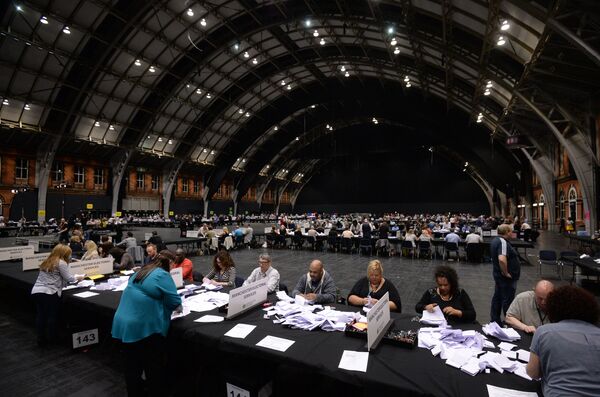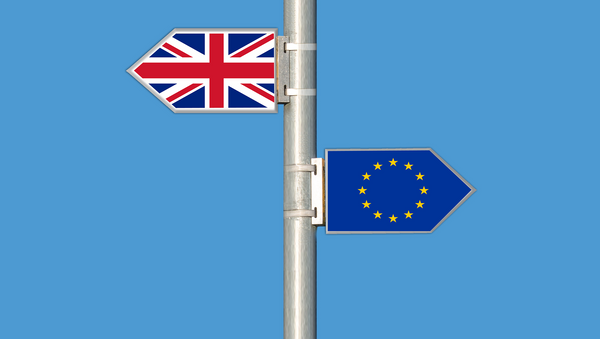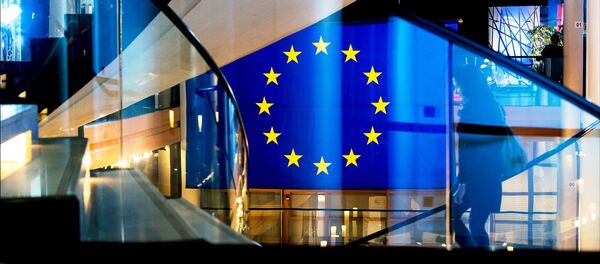His article, titled "The shock of Brexit: Europe is a mockery of the world economy" comes more than a week after the United Kingdom decided in a referendum that it should leave the European Union.
According to the final results, 51.9 percent of voters, or 17.4 million people, voted to leave the EU, while about 16.1 million voted to remain.

"Europe came to a standstill after Brexit. A referendum against the EU instilled uncertainty in the leaders on both sides of the Channel. The fact that the Britons have turned their backs to the EU leads to a return to the level of small states," he wrote.
He also drew attention to the fact that the EU's most pressing issues are already being discussed by EU member states themselves, including Germany.
He recalled that the country had called on national parliaments to ratify the CETA trade agreement with Canada even though it is Brussels that should deal with foreign trade-related issues.
"Europe is taking a back seat on its own. The EU is rapidly losing its clout in the world where Russia, the United States and China remain major players," Muller pointed out.
He added that apart from world trade, the EU is also losing ground in terms of its military might and that its members have become dependent on the United States. According to Muller, Brexit led to the situation when economic sanctions, the EU's major foreign policy instrument, already do not work.
"Now the EU is even unable to deliver on its promises related to Ukraine, after the Netherlands rejected the association agreement in spring," he wrote.
Muller said that the ongoing turmoil also affects the financial markets, with the central banks of EU member states unsuccessfully trying to rectify the situation.
During a referendum in April, voters in the Netherlands said "no" to an EU partnership deal to remove trade barriers with Ukraine.
Meanwhile, British Prime Minister David Cameron, who headed the 'Remain' campaign and announced his resignation following Brexit, reportedly said late last month that the next UK government would have to make a significant effort to gain access to the EU single market.
Members of the European Parliament stressed, for their part, that major reforms were needed to make the EU "better and more democratic." Brussels should also "deliver what citizens expect," MEPs said in a resolution adopted on June 28.




